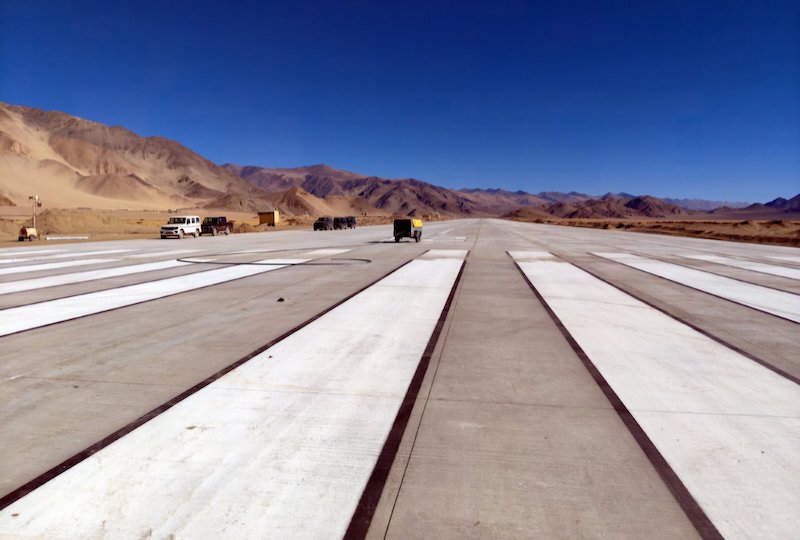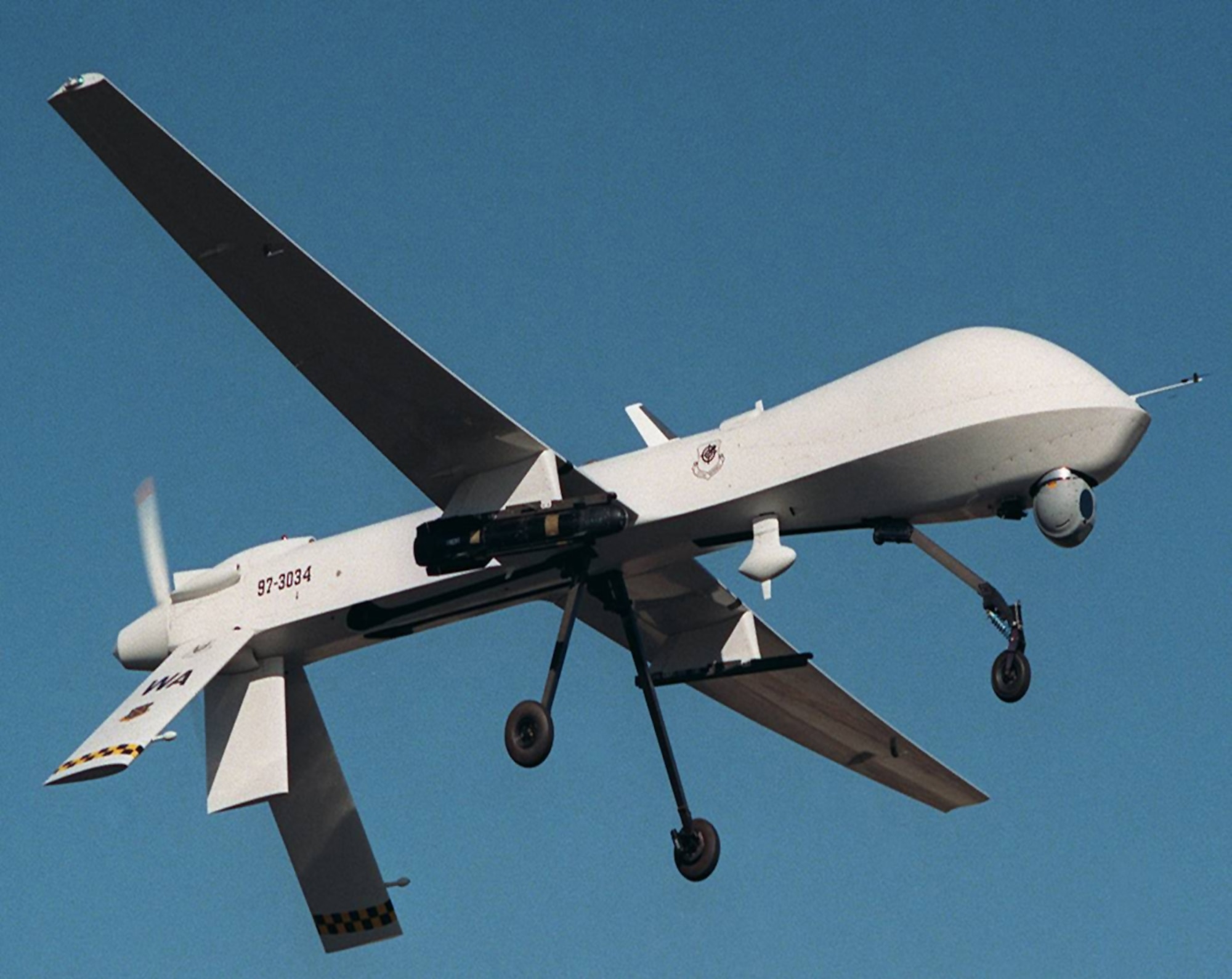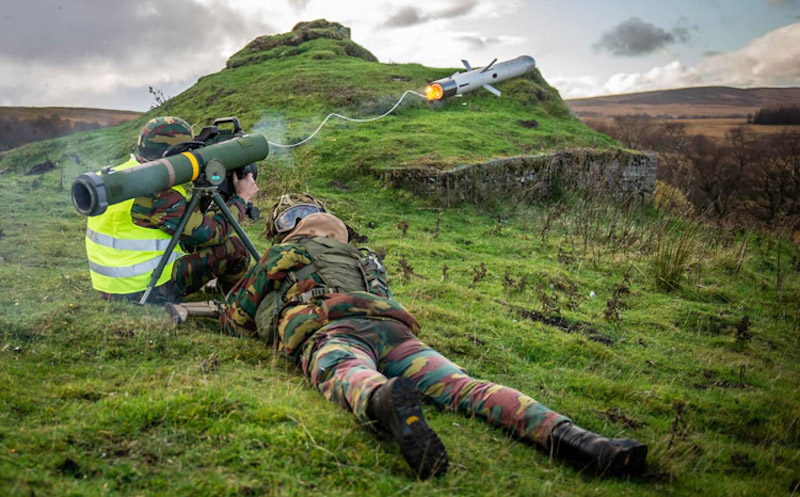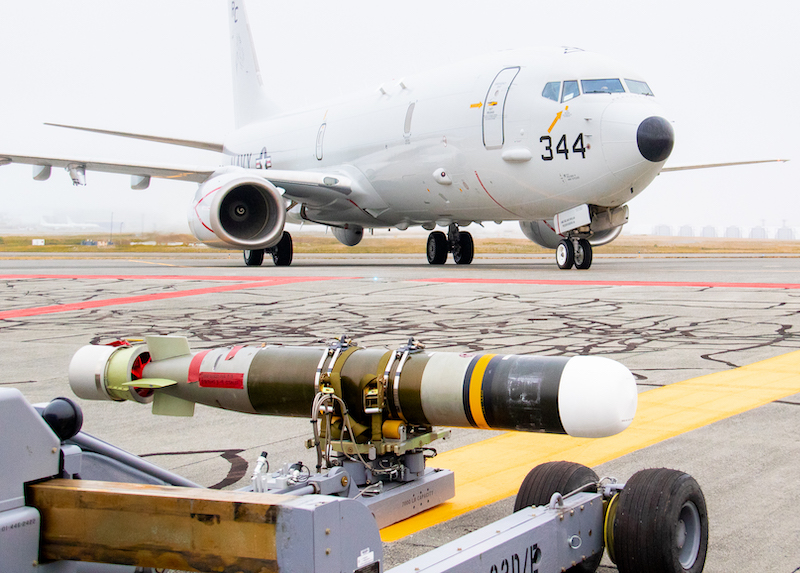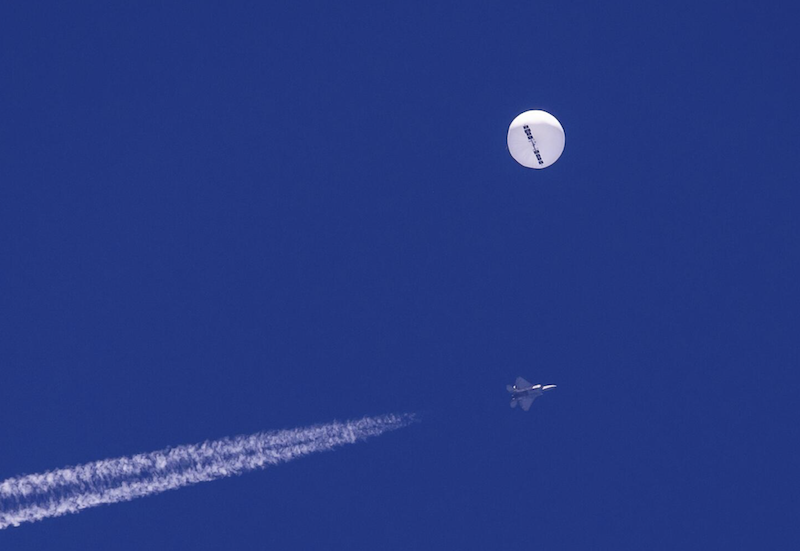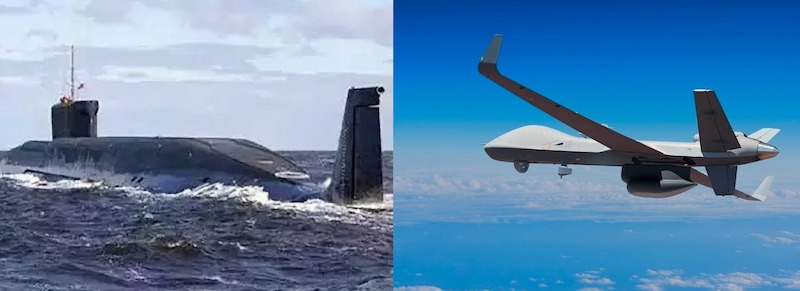
New Delhi: The Cabinet Committee on Security, chaired by the prime minister, Narendra Modi, has sanctioned two crucial defence acquisitions on Wednesday, which are aimed at substantially enhancing the country’s military capabilities. The CCS approved a proposal to construct two nuclear-powered submarines domestically and authorized the purchase of 31 MQ-9B Predator drones from the United States.
In August, India Sentinels had reported that the project to indigenously build nuclear-powered submarines may get the government’s approval soon. Regarding the drone deal, the US government had already notified the country’s Congress in February that it intends to sell the UAVs to India.
These decisions form part of India’s broader strategy to bolster its defence infrastructure and counter growing regional security challenges.
Indigenous Nuclear Submarines
The construction of the two nuclear-powered submarines is expected to provide a significant boost for the Indian Navy. These submarines, known as SSNs (Ship Submersible Nuclear or nuclear-powered conventional submarines), will be built in India, with the Ship Building Centre in Visakhapatnam taking the lead. The project, which is expected to cost approximately ₹40,000 crore, marks a key step in India’s move towards greater self-reliance in defence manufacturing.
The country’s private sector is expected to play a substantial role in this process.
Nuclear-powered submarines are a critical asset for any navy, providing superior endurance and stealth capabilities compared to their diesel-electric counterparts. These submarines are expected to enhance India’s ability to patrol the Indo-Pacific region, which has seen growing maritime competition, especially in light of China’s expanding naval presence.
Predator Drones
In addition to the submarines, the CCS approved the acquisition of 31 MQ-9B Predator drones from US-based General Atomics. This deal, valued at ₹28,000 crore, is being executed under a Foreign Military Sales (FMS) agreement between the US and India. The contract is expected to be finalized soon, as the American offer was set to expire by the end of October.
The MQ-9B Predator drones, whose naval version is known as SeaGuardian and air force version SkyGuardian, are high-altitude, long-endurance (HALE) unmanned aerial vehicles (UAVs), which are capable of both surveillance and precision strike missions. Out of the 31 drones, the Indian Navy will receive 15, whilst the Indian Army and Air Force will each get eight. These drones will enhance India’s surveillance over critical maritime regions, particularly the Indian Ocean region (IOR), where both China and Pakistan are active.
The drones are expected to be delivered over a period of four years, once the deal is signed. The addition of these UAVs will allow India to monitor large areas for extended durations, a crucial capability given the increasing security challenges in its neighbourhood.
Strengthening Regional Security
These two deals, which are expected to cost around ₹68,000 crore, are seen as a response to the evolving security environment in South Asia. With China expanding its military influence and conducting frequent naval operations in the IOR, India’s move to acquire advanced drones and nuclear submarines is part of its strategy to maintain a credible deterrent and ensure dominance in the region.
Both the nuclear submarines and Predator drones are expected to significantly augment India’s military capabilities. Experts view that New Delhi, by focusing on domestic construction for the submarines and leveraging cutting-edge US technology for the drones, is positioning itself to meet future defence challenges with a mix of indigenization and strategic international partnerships.




